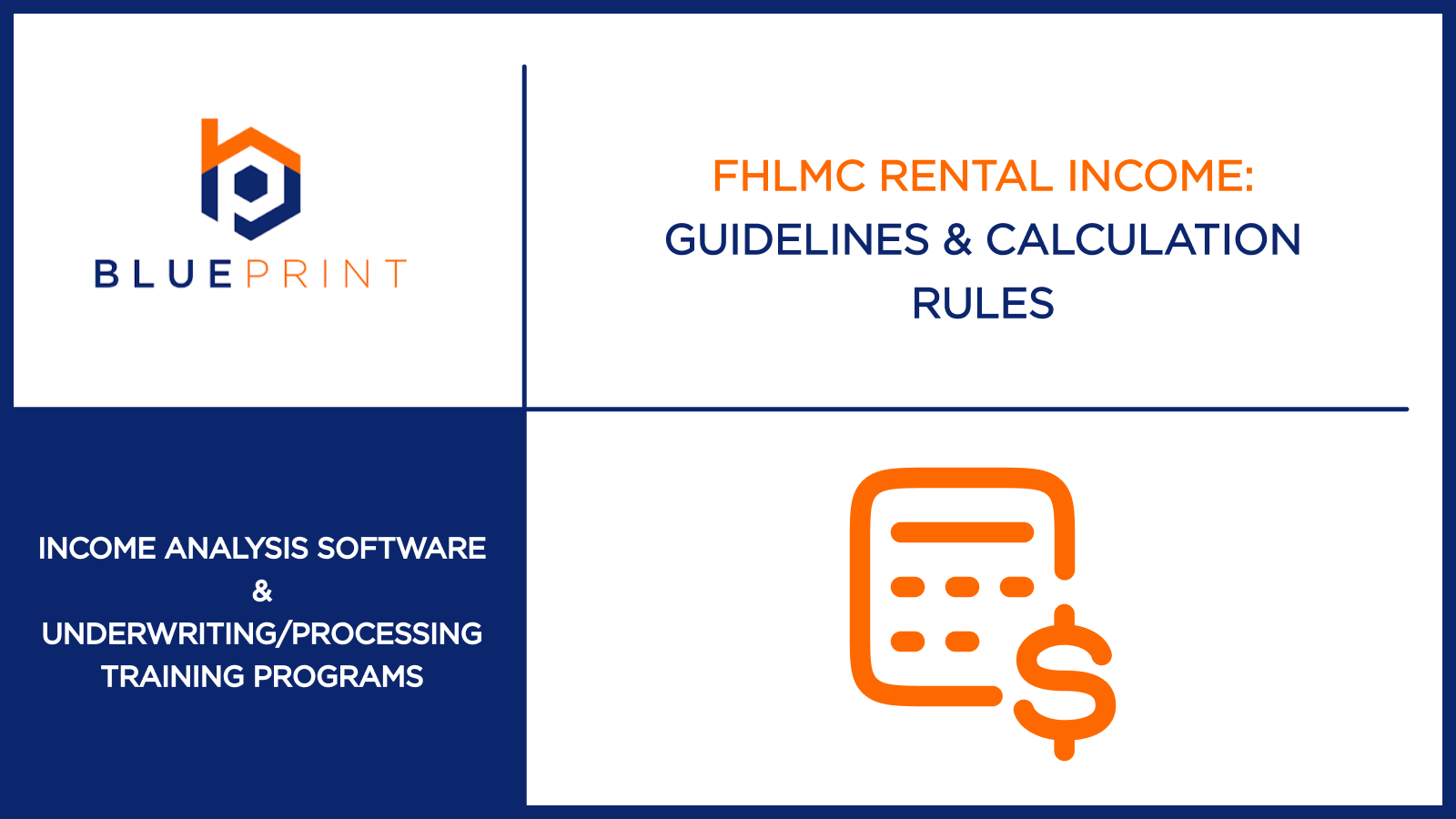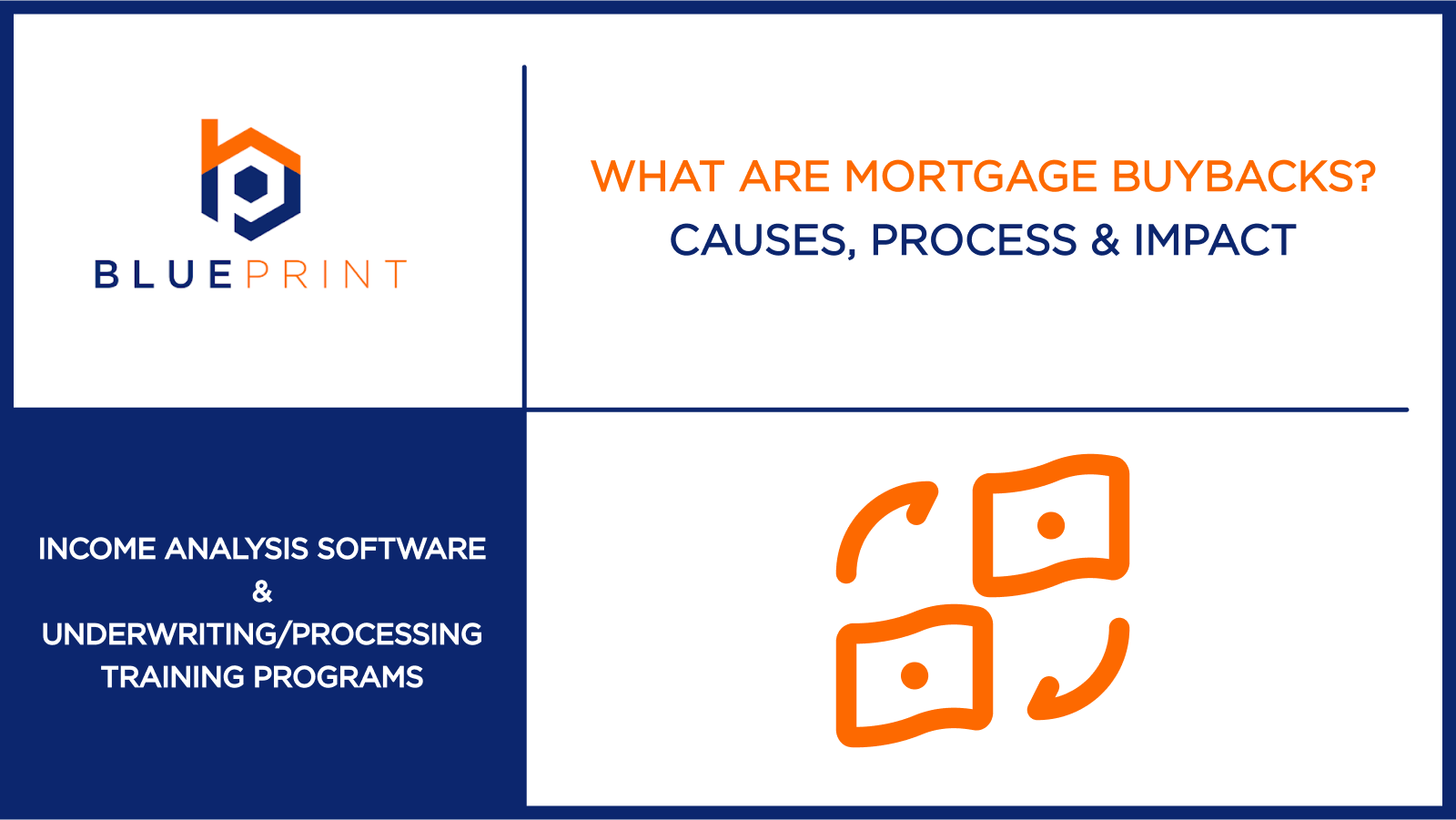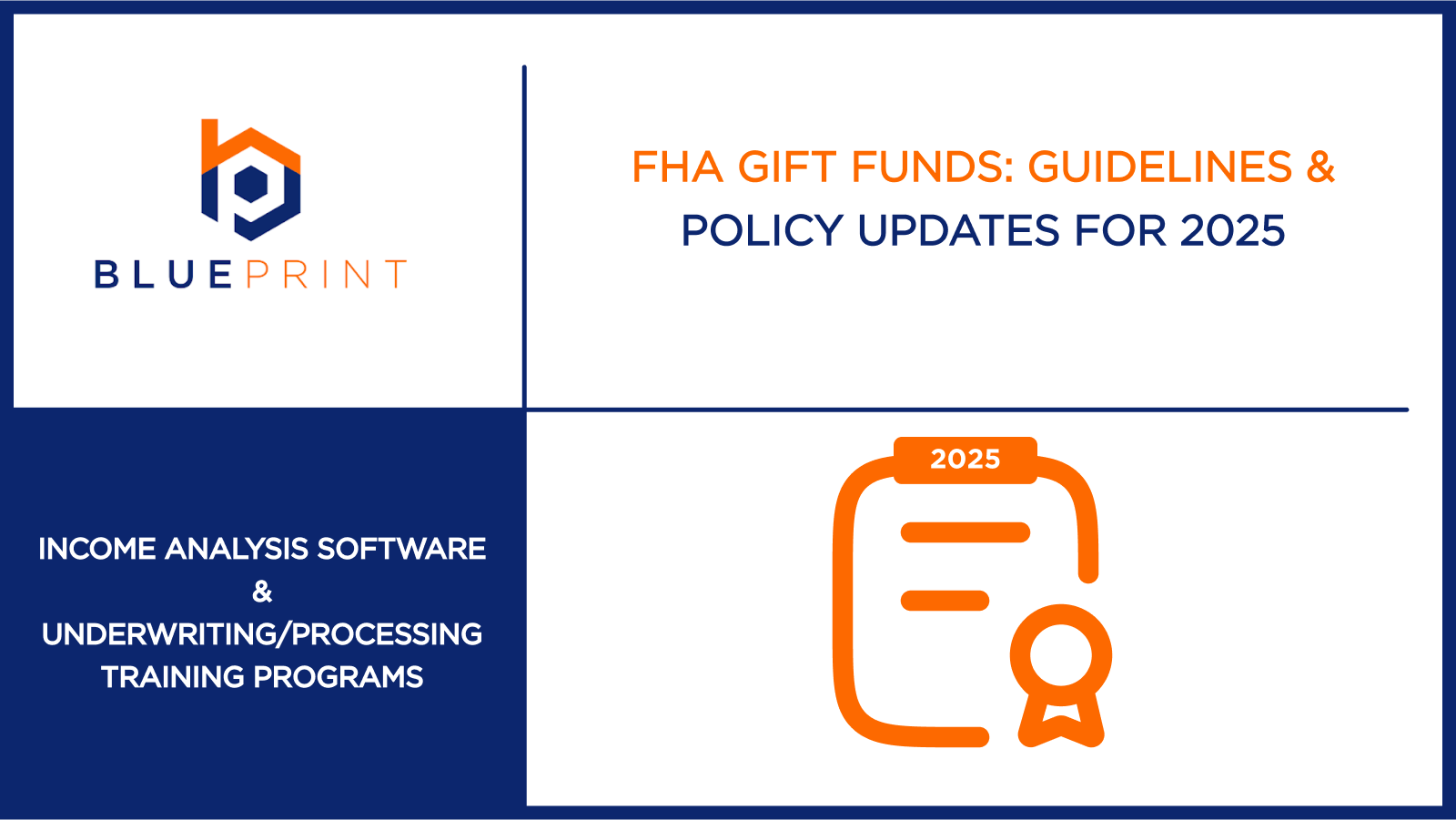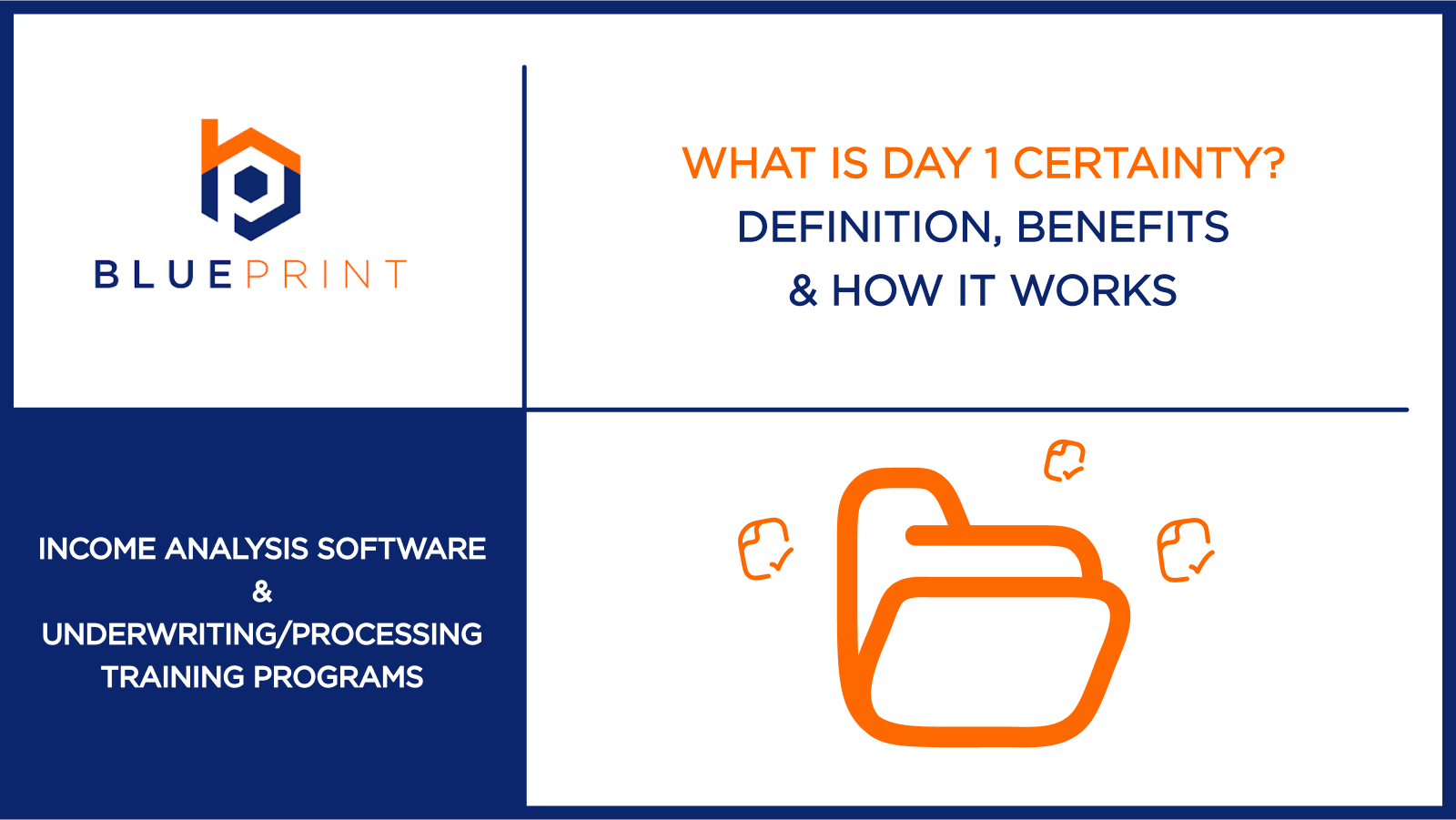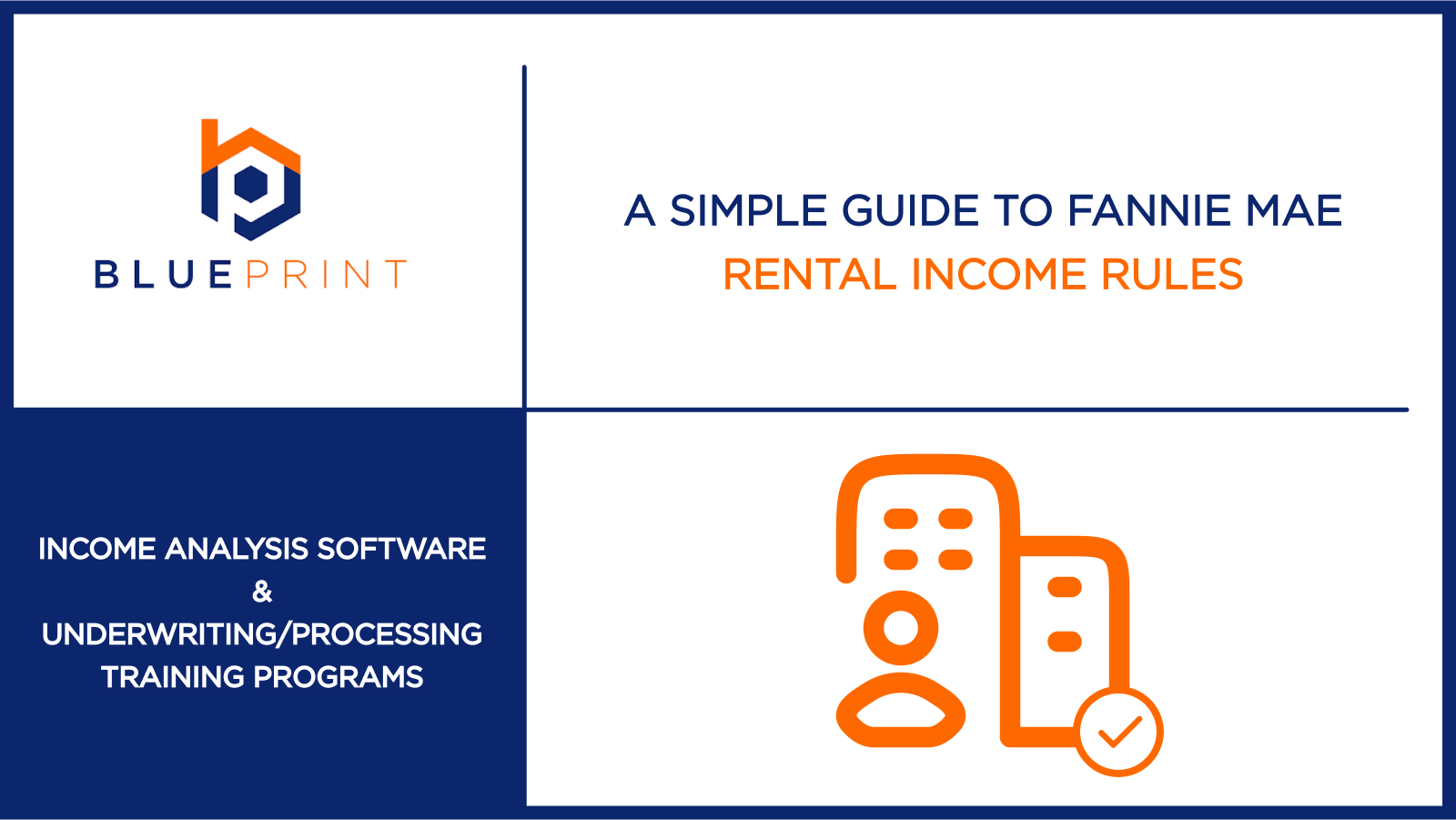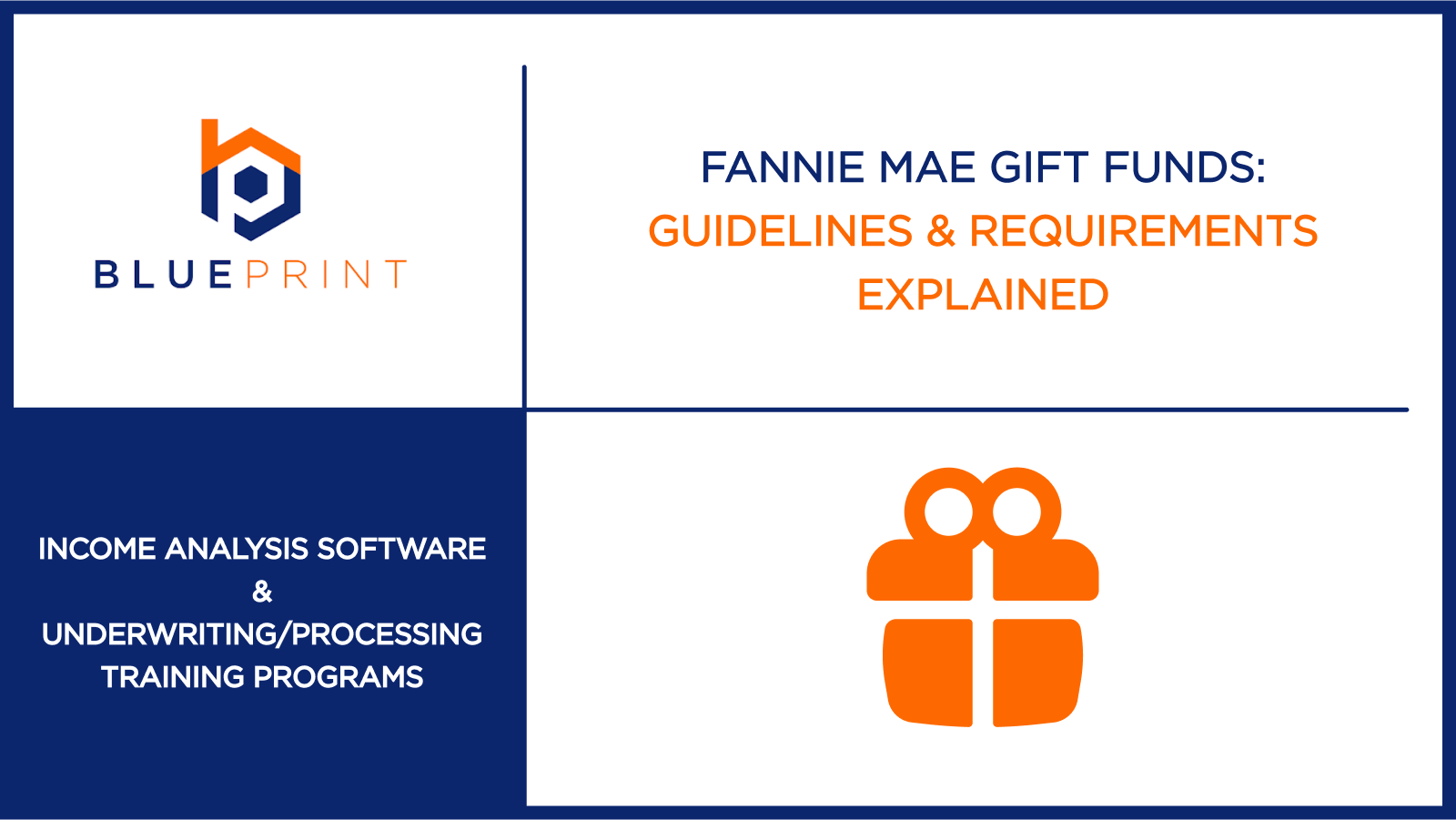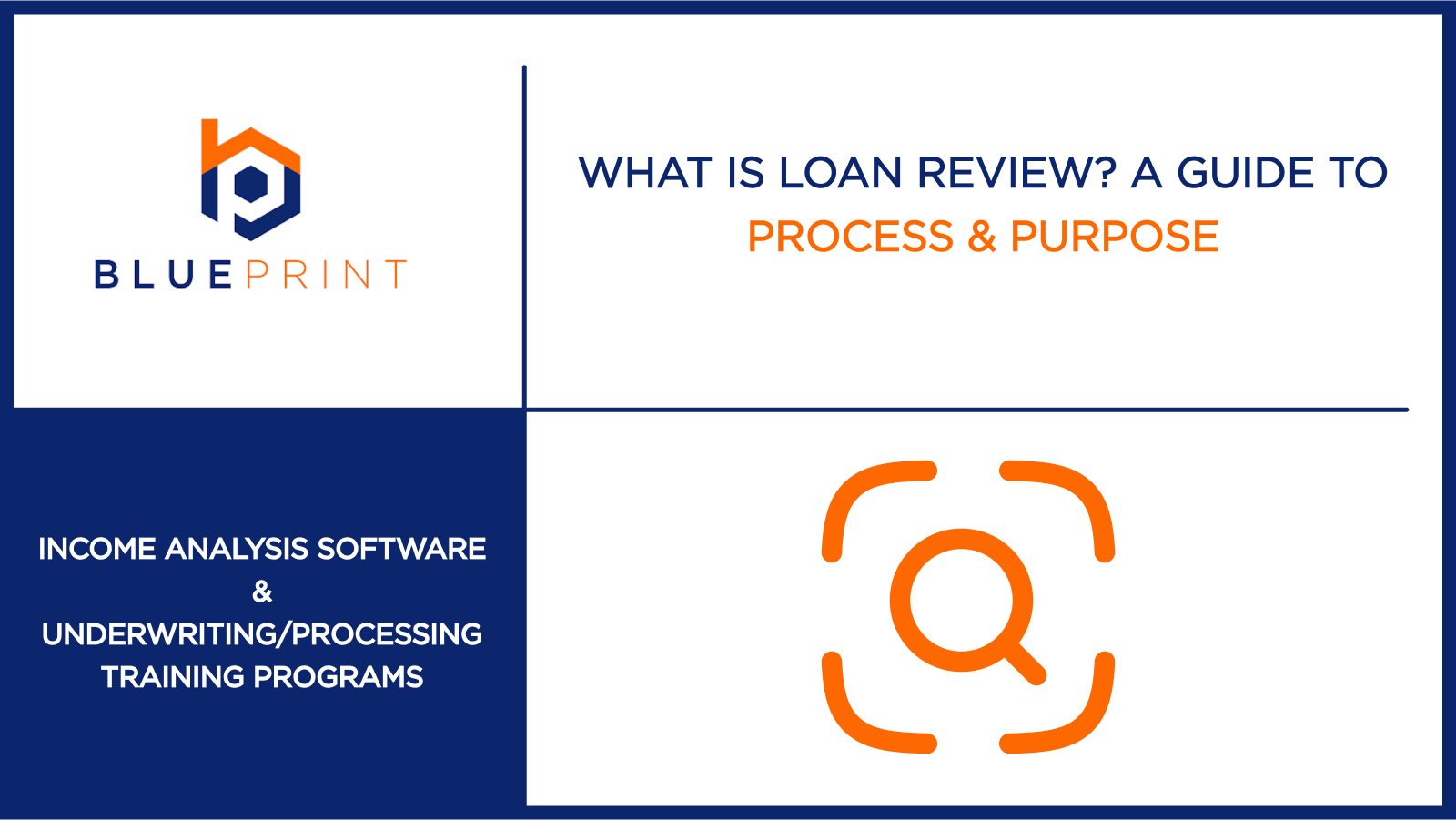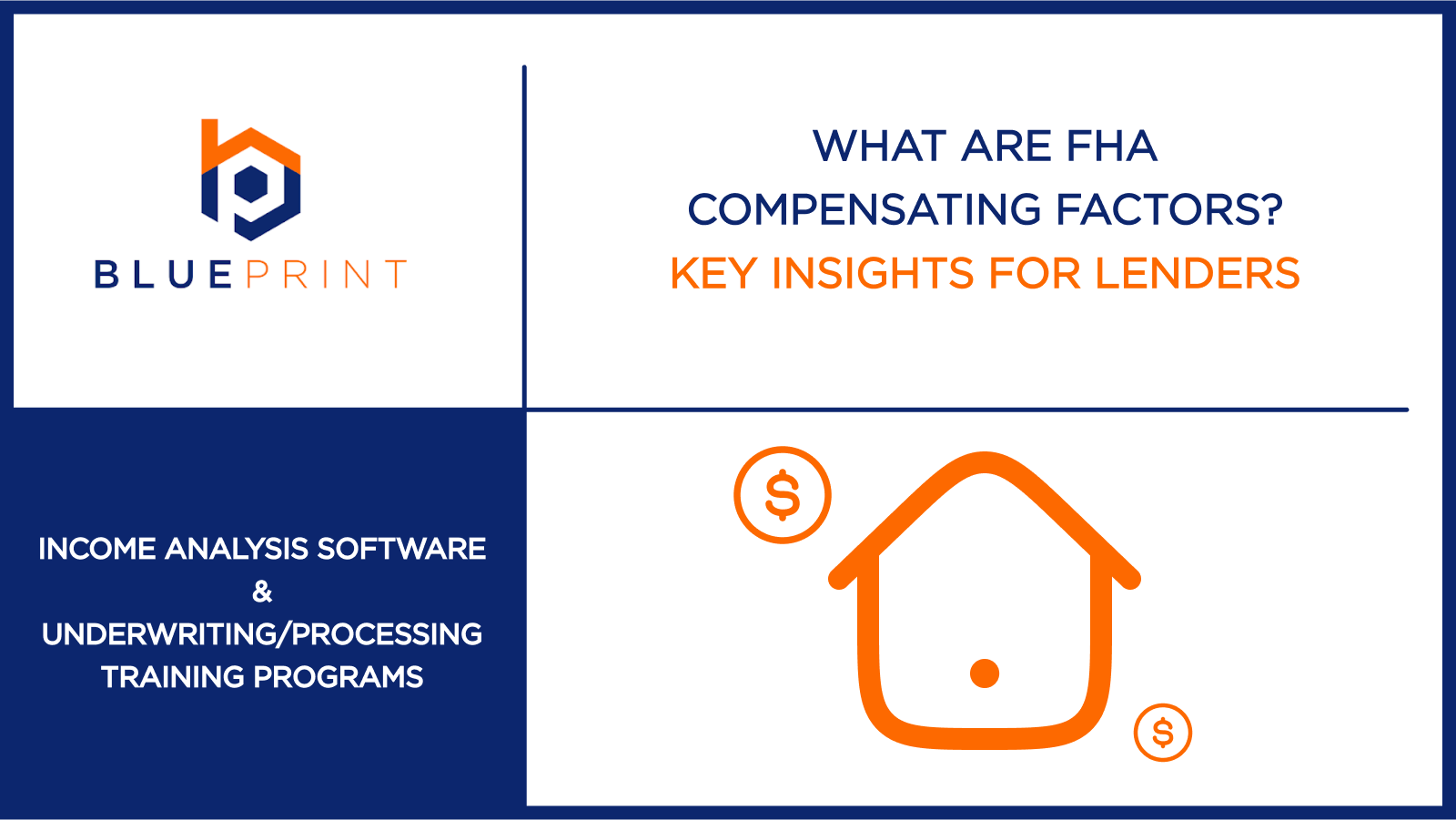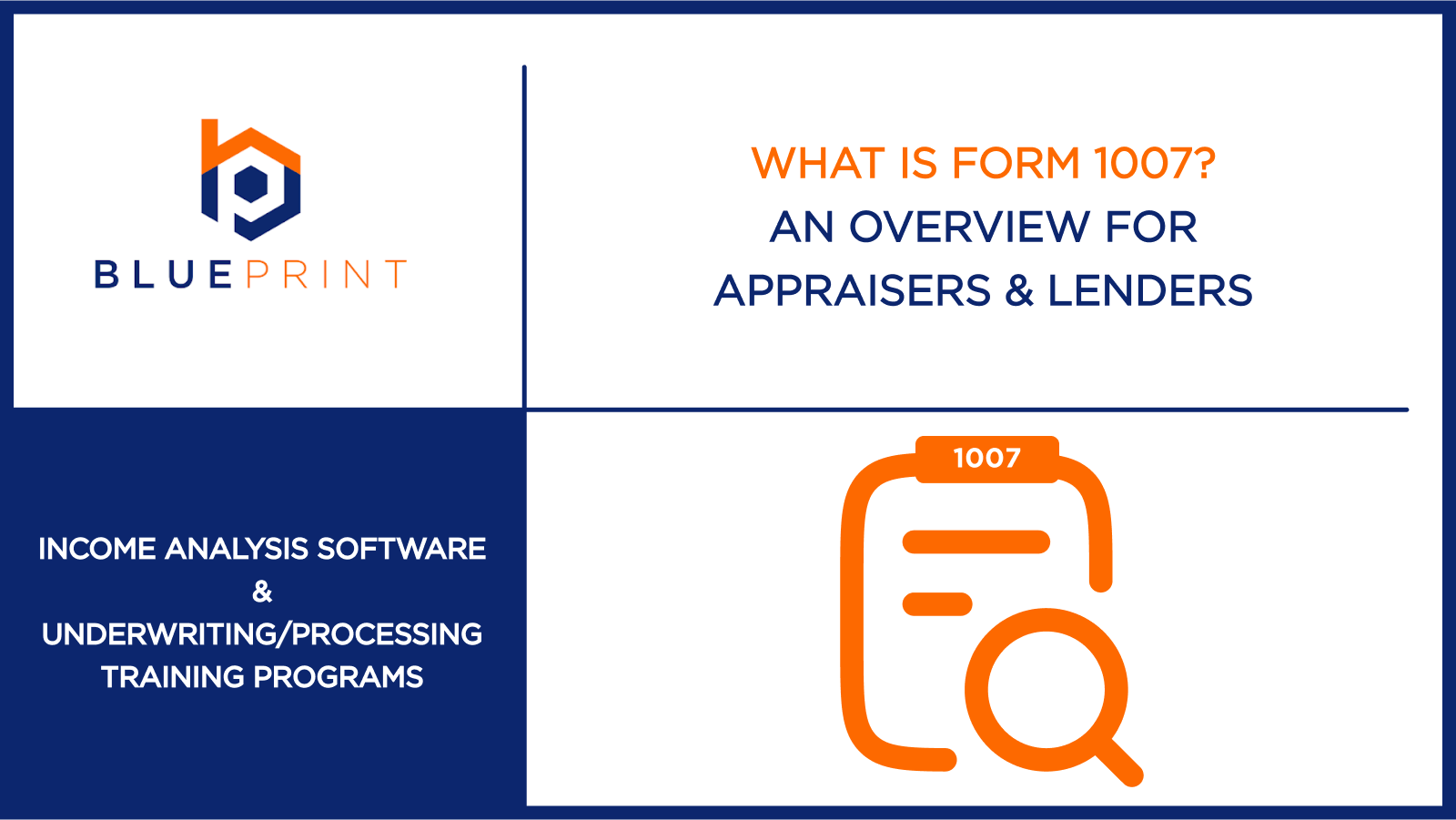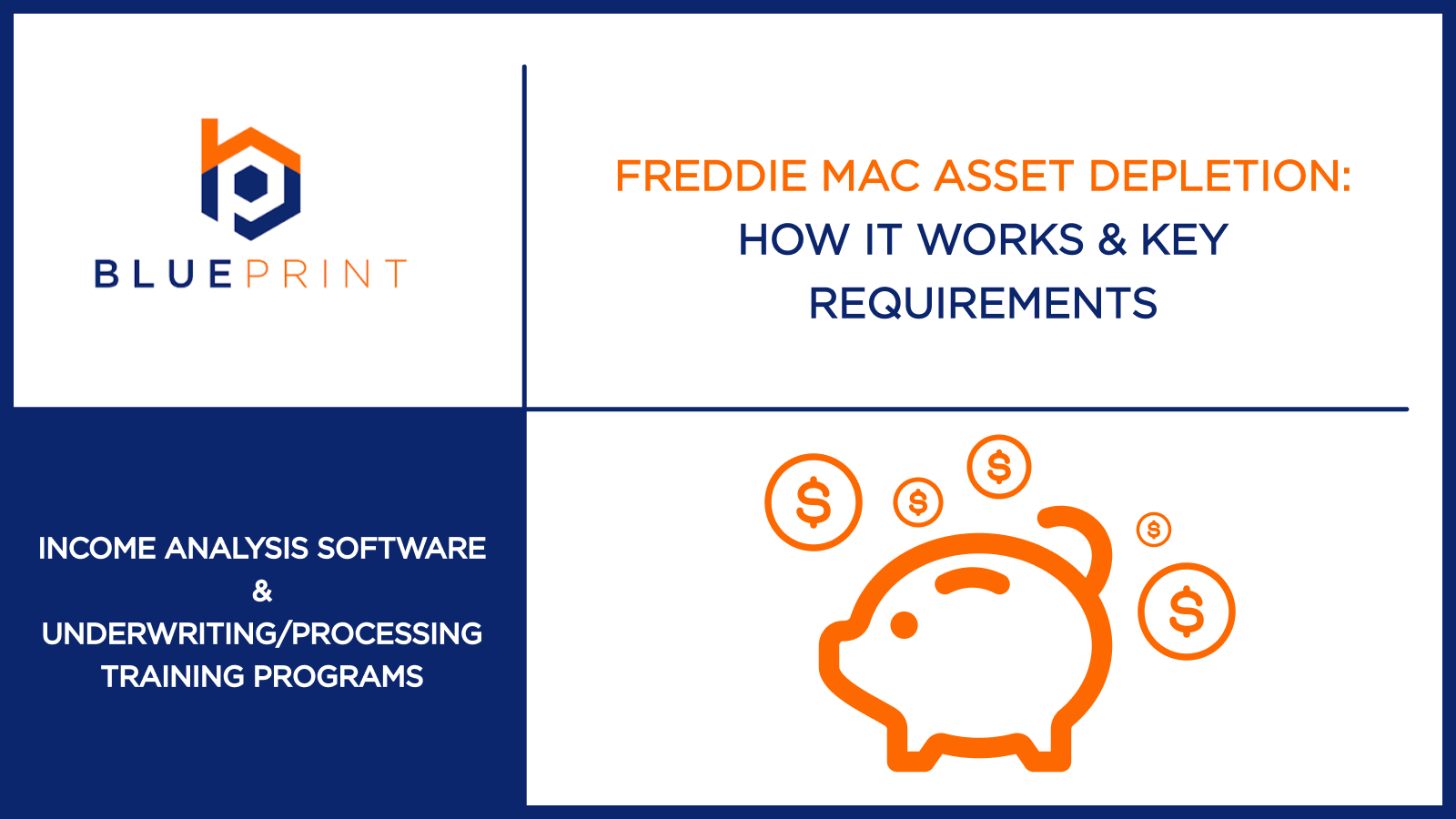
Freddie Mac Asset Depletion: How It Works & Key Requirements
For borrowers who may not have enough traditional income to qualify for the mortgage, Freddie Mac provides an alternative path: converting eligible assets into monthly income using its asset depletion method. This calculated income can be added to other verified earnings and plays a direct role in establishing the debt payment and determining the debt payment-to-income ratio. By using documented assets instead of relying solely on employment-based income, lenders can improve a borrower’s ability to

